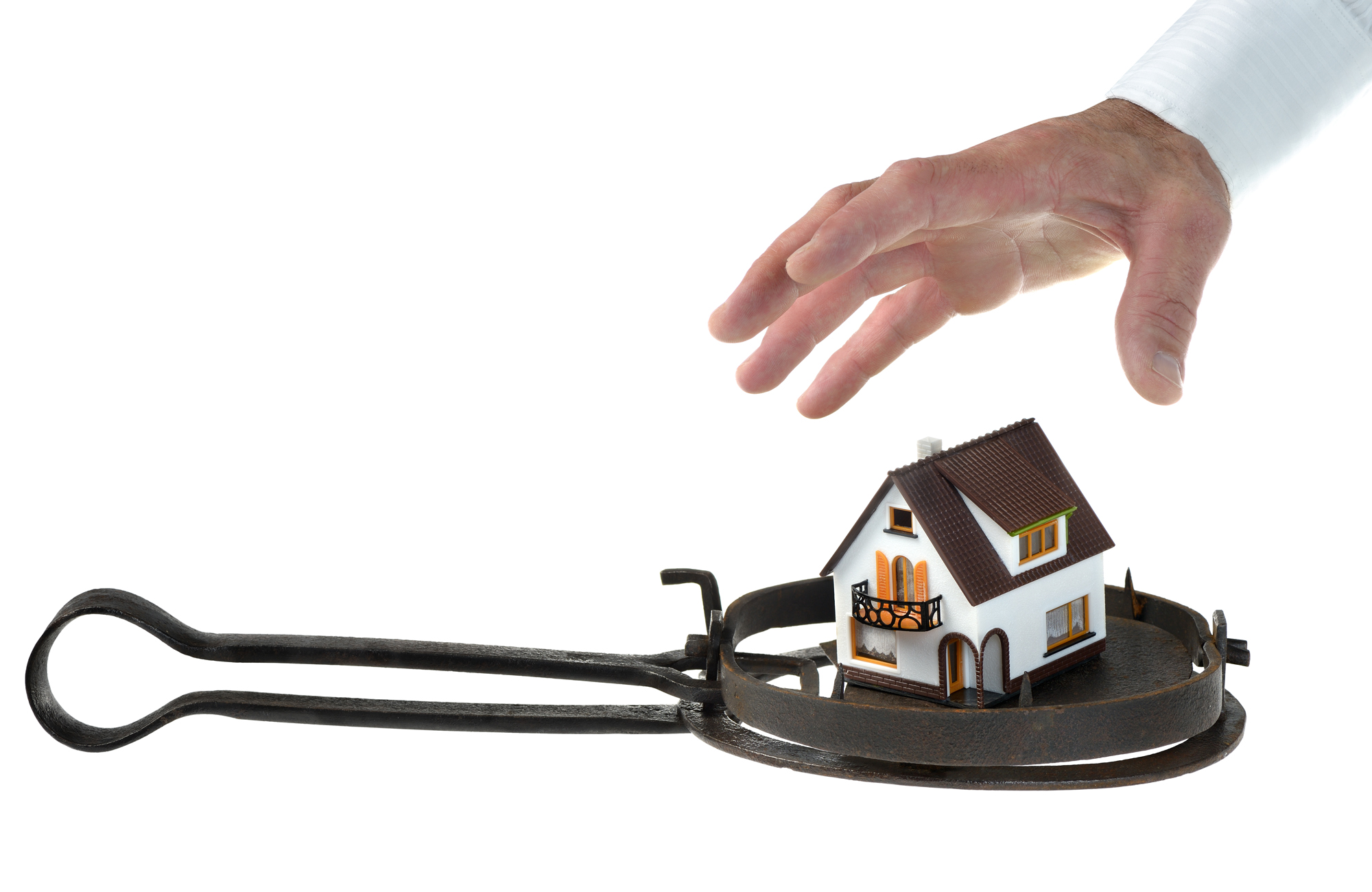Selling your Denver property isn’t always as simple as putting up a “For Sale” sign. The process can change depending on the property type and its condition, as well as the condition of the real estate market. Some properties sell quickly, while others can sit on the market for months. Whether you're selling a single-family home, a condo, or even a commercial space, understanding the challenges of selling different types of real estate in Denver can help you make the best decision for your sale.
Types of property you can sell in Denver
Denver’s real estate market includes many types of property, each with their own selling challenges.
-
Residential properties: Single-family homes, condos, townhomes, duplexes, and manufactured homes. These are the most common types of real estate people sell in Denver.
-
Commercial properties: Office spaces, retail buildings, and gas stations. These can take longer to sell because buyers often need financing and zoning approvals.
-
Industrial properties: Warehouses, manufacturing plants, and distribution centers. To sell, you should have a thorough understanding of zoning laws and environmental regulations.
-
Land: Undeveloped lots, farms, and ranches. Selling land can be tricky because buyers often need to get city permits before they can build.
-
Special-use properties: Assisted living facilities, mixed-use developments, and other properties with a specific function. You’ll need to find a buyer with the right experience and budget.

Common property types sold in Denver
While Denver has a variety of real estate, types of property that are sold more frequently include:
-
Single-family houses: The most popular property type in Denver.
-
Multi-family units: Duplexes and small apartment buildings appeal to investors looking for rental income.
-
Condos and townhomes: Great for first-time buyers but sometimes harder to sell due to HOA fees and regulations.
-
Commercial properties: While demand exists, you should keep in mind that these sales can take longer due to financing and business planning needs.
Market challenges when selling property in Denver
The Denver real estate market comes with its fair share of challenges, regardless of your property type. One major hurdle is that, according to the Denver Gazette, housing inventory in Denver has hit a 10-year high. With more properties on the market, buyers can be more selective, and sellers may have to adjust their prices. Rising interest rates add another layer of difficulty, as higher mortgage rates limit buyers’ purchasing power, making it even harder for sellers to get the outcome they want.
Sell your Denver house without the hassle.
When you want to avoid the challenges of selling property on the Denver market, consider selling directly to off-market property buyers like We Buy Ugly Houses®. When you use our 3-step home-buying process:
-
No repairs needed: Many buyers want pristine properties, but with We Buy Ugly Houses in Denver, you can sell your house or property “as is.”
-
No staging or showings: You won’t have to deal with open houses or constant cleaning. You can even leave any unwanted items behind, and we will take care of them free of charge.
-
Faster sales: Instead of waiting months for the right buyer, you can sell quickly and move on with your plans. We can close fast, sometimes in as little as 3 weeks.
-
Simplified process: Avoid the typical complications of traditional sales and complex paperwork.
-
Fewer upfront selling costs: We don’t charge commissions or hidden fees, and we pay all typical closing costs.†
Whether you're selling a house or a different type of property, the traditional process can be time-consuming and expensive. But you don’t have to have a traditional property sale. We Buy Ugly Houses makes selling property in Denver easy by providing quick, convenient offers. If you're thinking about selling property without making repairs, contact us today for a free consultation.
This blog is for informational purposes only and should not be considered legal advice.















